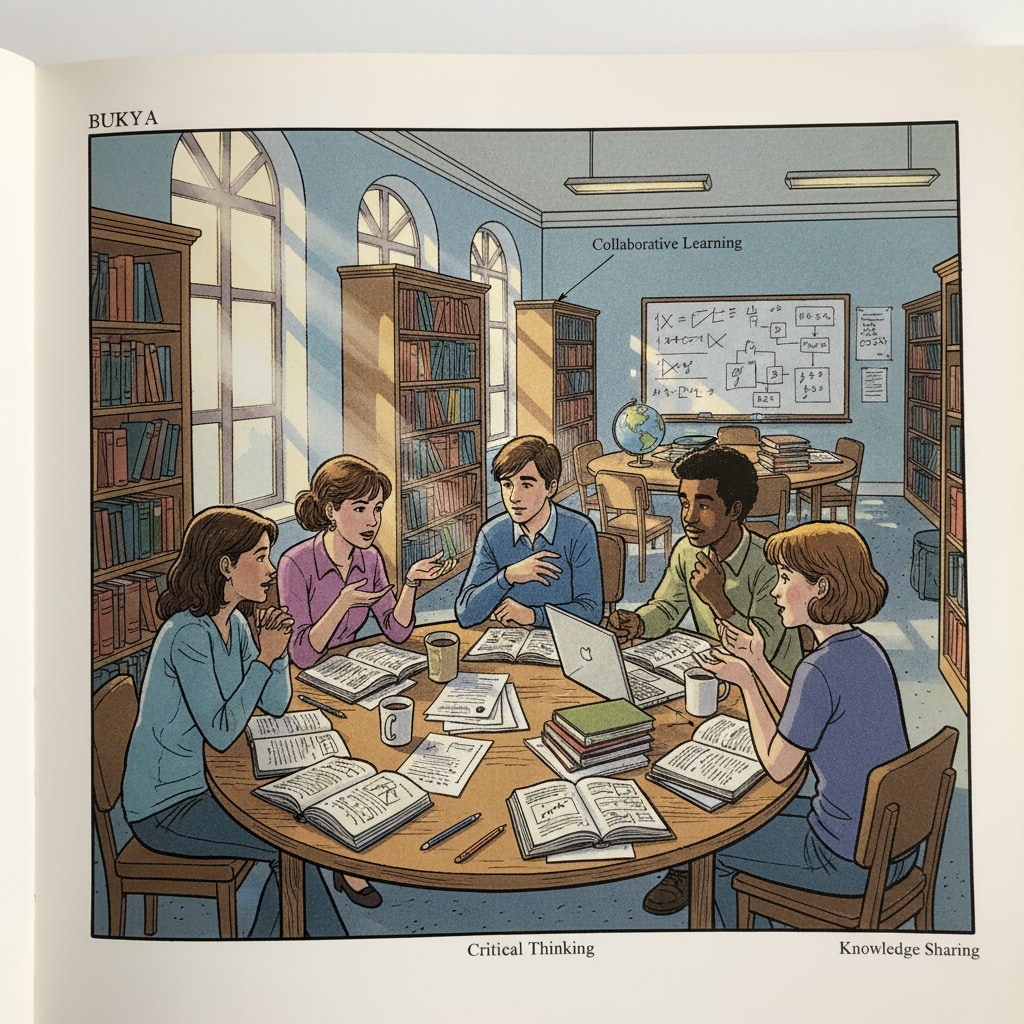In today’s era of information explosion, K12 students are grappling with significant cognitive challenges, which are manifesting in declining thinking skills, cognitive difficulties, and problems with concentration. The constant influx of information from various digital platforms and the fast-paced nature of modern life are making it increasingly difficult for students to engage in deep thinking. However, there are practical strategies that can be implemented to reverse this trend.

The Impact of Information Overload on Students’ Thinking
The digital age has brought about an avalanche of information. Students are exposed to a vast amount of data on social media, educational apps, and online platforms. As a result, their attention is fragmented, making it hard to focus and think deeply. For example, a student might be trying to study a chapter in a textbook but gets distracted by notifications on their phone. This constant interruption hinders the development of thinking skills. According to Attention Psychology on Britannica, sustained attention is crucial for cognitive processing.
Strategies to Improve Concentration
One effective strategy is to create a distraction-free environment. Teachers and parents can encourage students to turn off their electronic devices when studying. In addition, setting specific study times and breaks can help train the brain to focus. For instance, using the Pomodoro Technique, where students work for 25 minutes and then take a 5-minute break. Another important aspect is to make learning engaging. Teachers can use multimedia resources, hands-on activities, and real-life examples to capture students’ attention. As stated in Cognitive Psychology on Wikipedia, the more interesting the learning material, the easier it is for students to concentrate.

To address cognitive difficulties, educators can break down complex topics into smaller, more manageable parts. This helps students understand the material better and build on their knowledge. Moreover, encouraging students to ask questions and engage in discussions can enhance their cognitive abilities. By sharing different perspectives, they can think more critically and deeply.
In conclusion, restoring and enhancing students’ thinking skills, overcoming cognitive difficulties, and improving concentration in K12 education requires a multi-faceted approach. By implementing these strategies, we can help students develop the cognitive abilities they need to succeed in the modern world.
Readability guidance: Short paragraphs and lists are used to summarize key points. Each H2 has a list where possible. The proportion of passive voice and long sentences is controlled, and transition words are added throughout the text.


